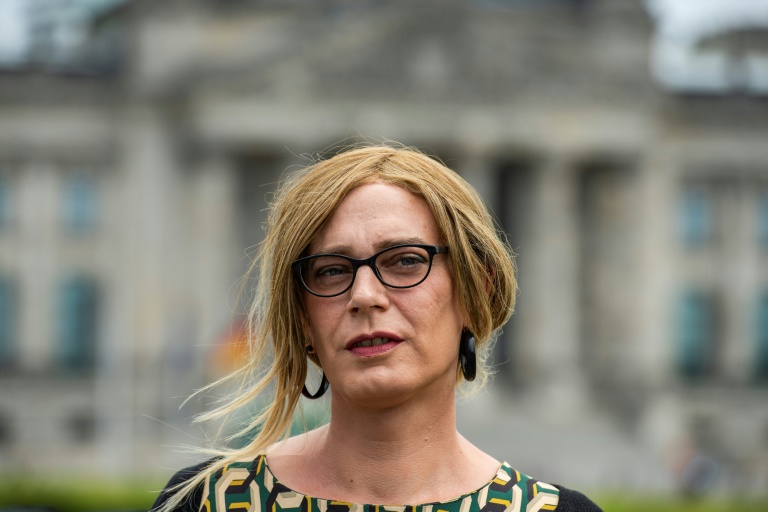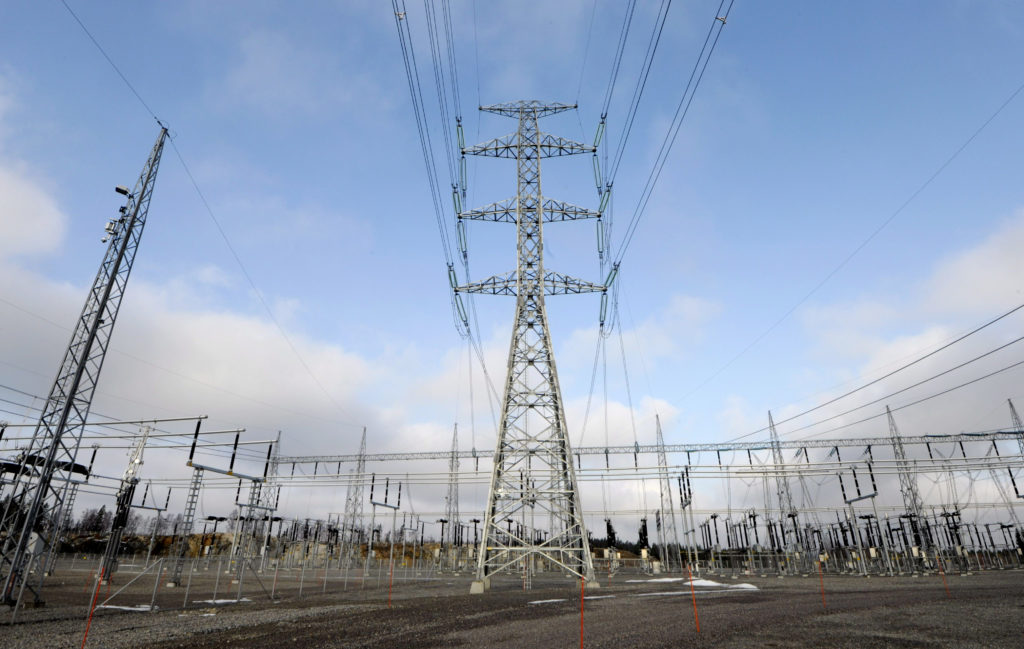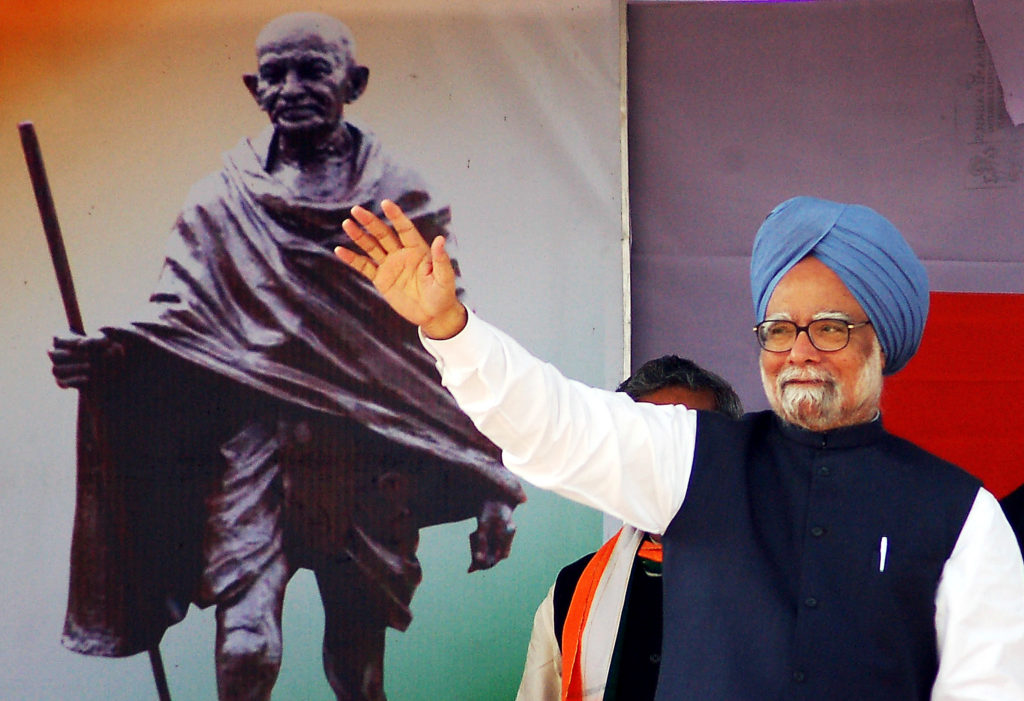In 2018, Tessa Ganserer made history as the first openly transgender woman to serve in a German state assembly.
Today, the deputy for the Greens in the Bavarian regional legislature is setting her sights even higher with a run for the national parliament.
But while Ganserer earned an image as a trailblazer, she has struggled to have her identity recognised by the powers-that-be, not least on this month’s election ballot.
Her supporters will tick a box marked with her masculine birth name, followed by her new name in brackets, a bureaucratic move the 44-year-old finds offensive.
Transgender activists have long fought against being addressed by their birth names — “dead names” — after they have begun publicly making their gender transition.
“It’s humiliating — it hurts me because I dropped my masculine name which is simply incorrect,” Ganserer, who is seen as having a strong chance of winning a Bundestag mandate in the September 26 poll, told AFP.
The engineer specialising in forestry has lived as a woman since her coming out nearly three years ago. Now everyone, including her arch-conservative colleagues in the Bavarian legislature, calls her Tessa.
However, she has not yet legally changed her name in protest against the administrative hurdles in place for transgender people.
The path can take years, cost up to 2,000 euros ($2,400) and is what Ganserer calls a “violation of human dignity” whose protection is enshrined in the first article of Germany’s Basic Law.
– ‘Very intimate questions’ –
“I would have to file a request with a court, undergo two psychiatric examinations — only for a judge to decide if I am accepted by the state as the woman who I have already been publicly for three years,” said Ganserer, who represents a constituency in Nuremberg.
She said the psychiatric evaluations covered “very intimate questions” including “your first sexual experience, the nature of your sexual fantasies, even the type of undergarments you wear”.
Ganserer said the law governing such name changes dates from the 1980s — a very different era in the long struggle for transgender rights.
Over the years, Germany’s highest court has declared several of its provisions unconstitutional.
In a 2011 ruling, the tribunal abolished an obligation to undergo a sex change operation to qualify for a complete civil status update, and urged the executive branch to give the law a complete overhaul.
Several other European countries have already done so. In Switzerland, Spain and Denmark, it is enough to apply for a new identity card to have a different gender recognised.
In Germany, similar changes proposed by the Greens party and the liberal Free Democrats were rejected earlier this year by Chancellor Angela Merkel’s conservatives over differences in the type of counselling and support services offered to transgender people.
The ruling “grand coalition” of conservatives and Social Democrats has failed to present its own draft law.
“I can’t understand it,” sighs Ganserer. “There shouldn’t be any more excuses. Human rights apply to all human beings.”
– ‘Exhausted’ –
“It was really hard for me to come out,” she said, recalling her fears of attacks from political opponents, scrutiny of her private life and trolling on social media — all of which came to pass.
“But I was exhausted,” she remembered. “I wanted to continue in politics but I also had to finally be myself and live as the woman who I’ve actually always been.”
Her family was supportive. Her wife, with whom she has two sons, has stayed by her side.
Tessa Ganserer’s goal now is to abolish the existing law covering the identity of transgender people while working to advance the rights of the LGBTQI+ communities.
The German interior ministry reported a 36-percent rise in verbal and physical harassment of sexual minorities in 2020.
“There’s still too much hatred and violence against them because they are as they are,” Ganserer said, adding that she has also been the target of “insults, mockery and even threats”, and regularly lodges official complaints.
She hopes to be able to shake things up in the Bundestag and expresses hope that under the new post-Merkel government — possibly with the Greens in the next ruling coalition — change will be possible.










